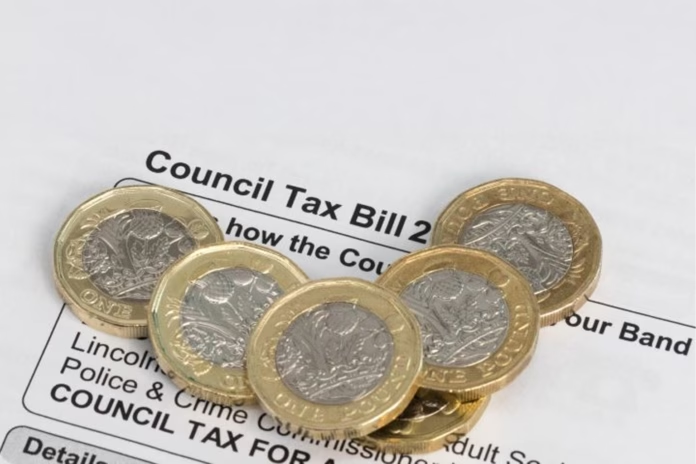Nearly all local authorities with responsibilities over social care in England plan to increase council tax to the maximum of 4.99% this April, new analysis has revealed.

Research by the County Councils Network (CCN) has revealed that 129 out of 136 (95%) county and unitary local authorities, who have so far published budget proposals for 2024/25, plan to raise council tax by the maximum amount permitted.
This figure is “significantly higher” than 2023/24, with 75% of authorities increasing council tax to the maximum, the CCN explained.
The analysis also found that no authority has declined to propose council tax rises, with the lowest put forward of 3.5%.
A total of 17 authorities are yet to declare their budget, whilst four authorities, including Birmingham, Woking, Slough and Thurrock, have special dispensation to raise council tax by 10%.
The CCN stated that the increases in council tax come despite the government’s additional £600m of funding last month.
County council funding
In addition, the research revealed that councils in county areas get 67% of their funding from council tax, which is higher than the average in England of 56%. For some county authorities, up to 80% of their funding is derived from council tax due to lower government grants.
Sam Corcoran, CCN’s vice chair, said: “County authorities still face a £1.1bn budget shortfall over the next two years. With council tax now accounting for two-thirds of the average county authority’s funding, we have little choice but to take the difficult but necessary decision to raise council tax by 4.99% to continue to protect services and ward off the threat of financial insolvency in the future.”
The CCN argues that with a general election taking place this year, the next government must set out a long-term financial plan for local authorities.
Alongside this, the CCN called for a comprehensive reform programme to drive down costs, including an overhaul of the legislative framework for home to school transport and intervention in the children’s social care market to cap private provider fees to reduce councils’ exposure to unaffordable costs.
“The next government must set out a long-term funding plan for councils while also undertaking a comprehensive reform programme to help drive down costs, especially for children’s services and home to school transport,” Corcoran added.
—————
FREE bi-weekly newsletters
Subscribe to Room151 Newsletters
Follow us on LinkedIn
Follow us here
Monthly Online Treasury Briefing
Sign up here with a .gov.uk email address
Room151 Webinars
Visit the Room151 channel












